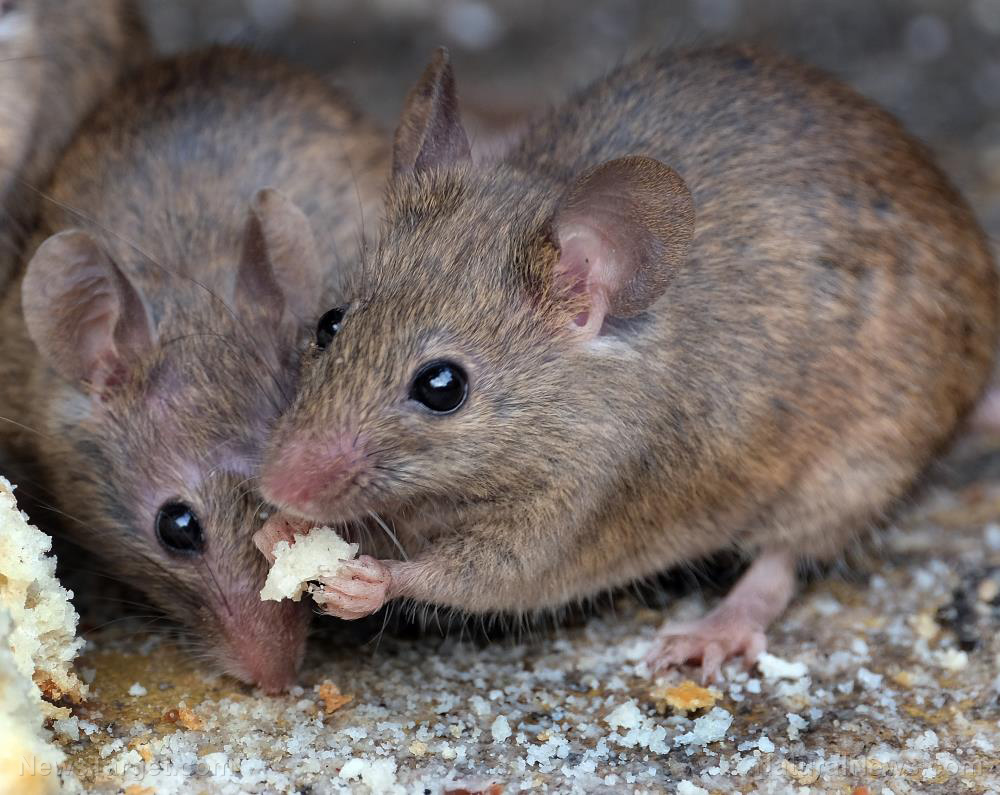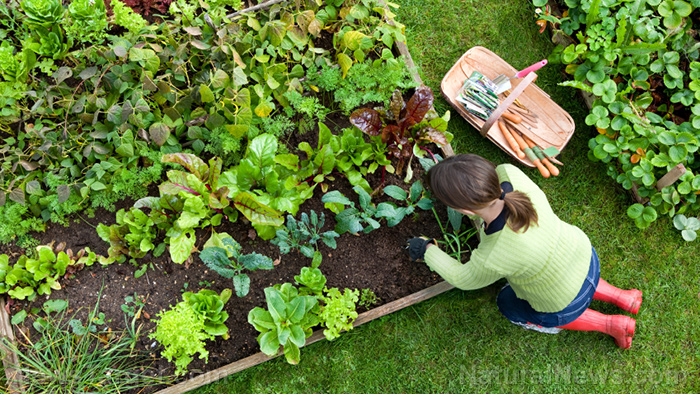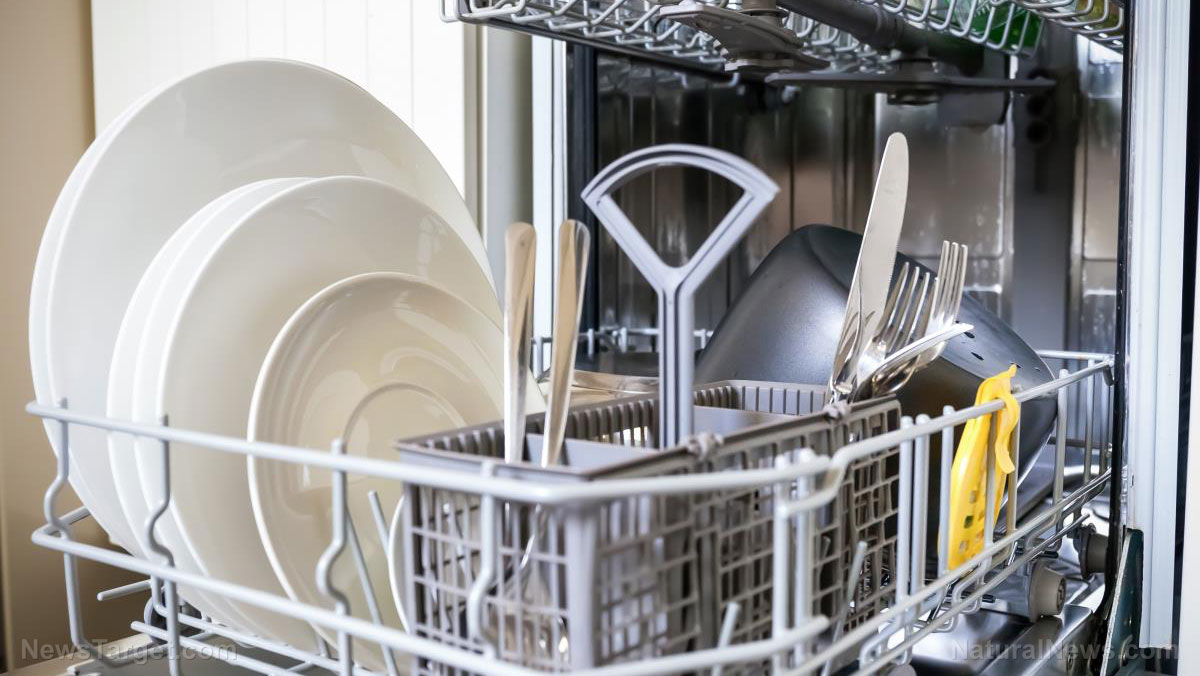
When dealing with pests such as mice or spiders, peppermint tea bags are a natural alternative to poisons and traps that you can use. This is important if you have small children and pets in your home -- the same poison that you use to catch mice could be the same ones that could hurt your pet or your child.
Peppermint tea for pest control
The smell of peppermint is extremely unpleasant to pests such as mice and spiders, so they tend to look for other places to call their home. This all-natural preventative measure is perfect for places like your food pantry and storage container so that they won't contaminate your food.
All you have to do is boil two cups of water to make tea with. Add six peppermint tea bags to the pot and allow the concoction to steep for six hours. Take a couple of drops of dishwashing detergent to add to the steeped tea. It will help your solution stick to the floors for a longer period.
Fill a spray bottle with the solution, coating the floors and baseboards of area that you suspect mice might be using to get into your home. Repeat this every three to four days until you believe you've driven the mice away. (Related: Use Natural, Non-Toxic Pest Control without Resorting to Dangerous Pesticides.)
Even after you've driven the mice away, it is still a good idea to spray the solution at least once every couple of weeks to keep mice out.
As an extra deterrent, it is also good to take tea bags and put them close to areas where you know the mice have been nesting.
Finally, while mice are usually happy living outside, they prefer to burrow when the weather starts to get cold and will find their way indoors during the fall or winter months. As such, it's a good idea to start using the peppermint tea bag method in the fall.
Other methods to get rid of pests
To avoid problems with pests, you can also opt for these alternative deterrents:
- Baking soda -- Sprinkle some baking soda around places where mice are known to frequent. Baking soda is harmful to rats and mice when they ingest it. This is because when baking soda hits their stomach, the acid in the stomach reacts and it begins to produce large quantities of gas. Mice can't pass wind so there is no way to release the gas, and internal pressure eventually kills them.
- Mint -- It not only makes the house smell great, it is also a good deterrent for rats. Like the tea, they don't like the smell of mint plants either, so this is a good way to keep infestation from happening in the first place. Put your mint plants near doors or other places that mice might be able to access to get into your home.
- Peppermint essential oil -- Take a couple of cotton balls and add a few drops of peppermint essential oil to each one. Place them close to areas close to where you think mice might be entering.
Tips when looking for mice and spiders
Closets, attics, and crawl spaces are some of the places that mice like to hang out in. You have to do preventative maintenance of sorts by examining your home early -- ideally before it gets too cold. Here are some tips to look for possible entry points:
- Look for small openings. Mice can fit through holes as small as dimes, so seal cracks and holes with caulk and steel wool.
- Keep areas clear and store boxes off the floor. Mice like hiding in clutter
- Inspect the home for signs of mice and look for droppings, gnaw marks, and damaged food boxes or containers.
- Keep trees and shrubs trimmed away and cut limbs overhanging from the roof to help reduce the chances of spiders finding their way inside.
- Store clothing and shoes in plastic containers. Pay attention to items that are not used often as spiders like to hide inside them.
Learn more about safe, natural methods of dealing with pests by following NaturalNewsPesticides.com.
Sources include:
Please contact us for more information.





















